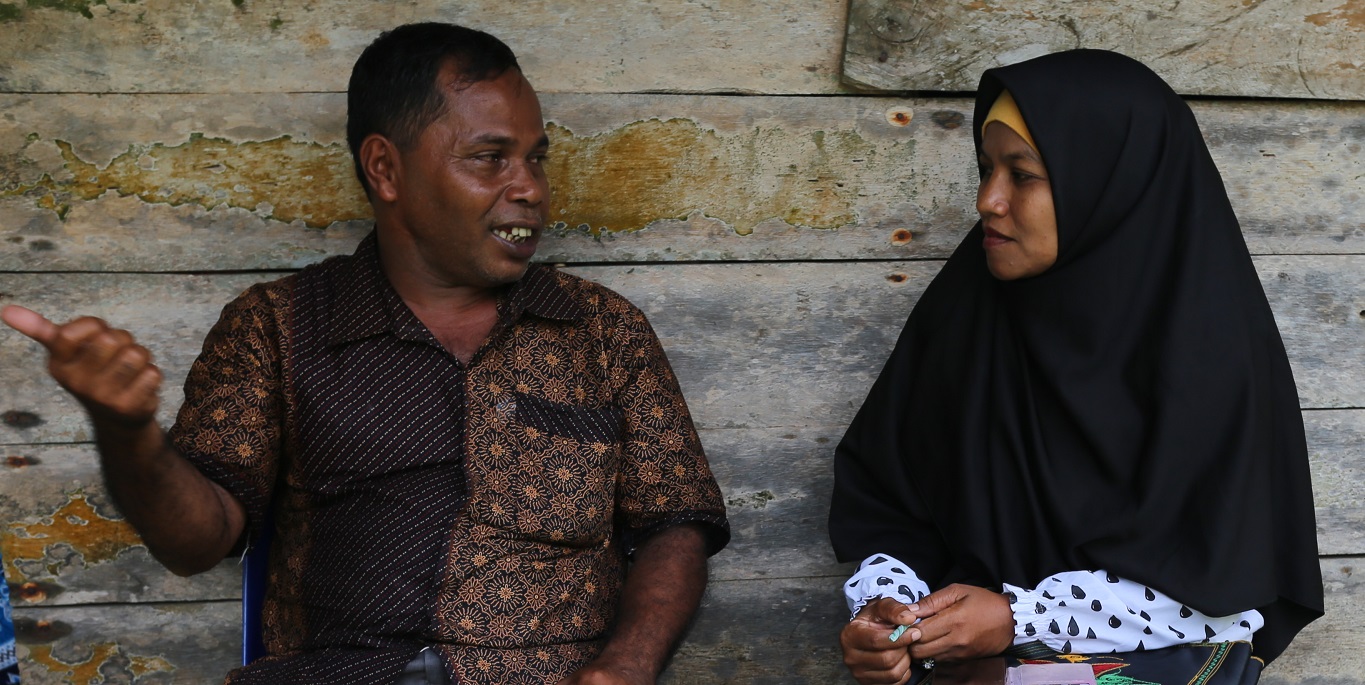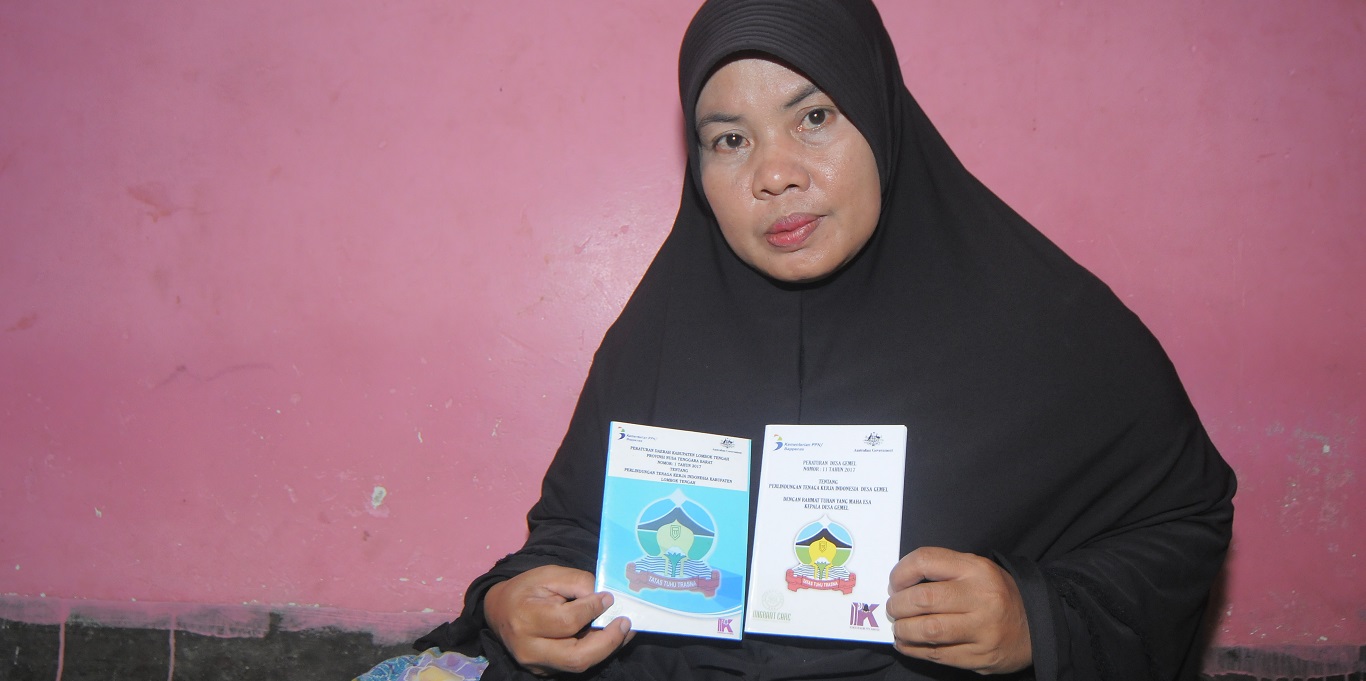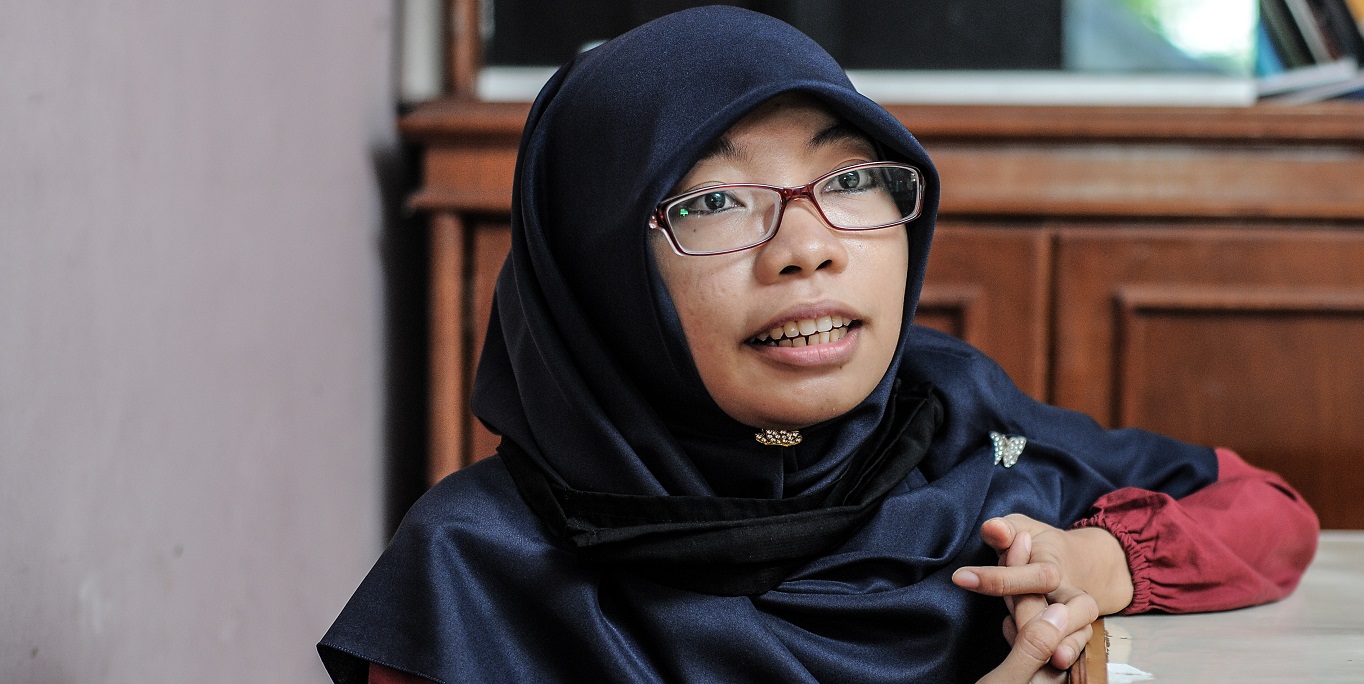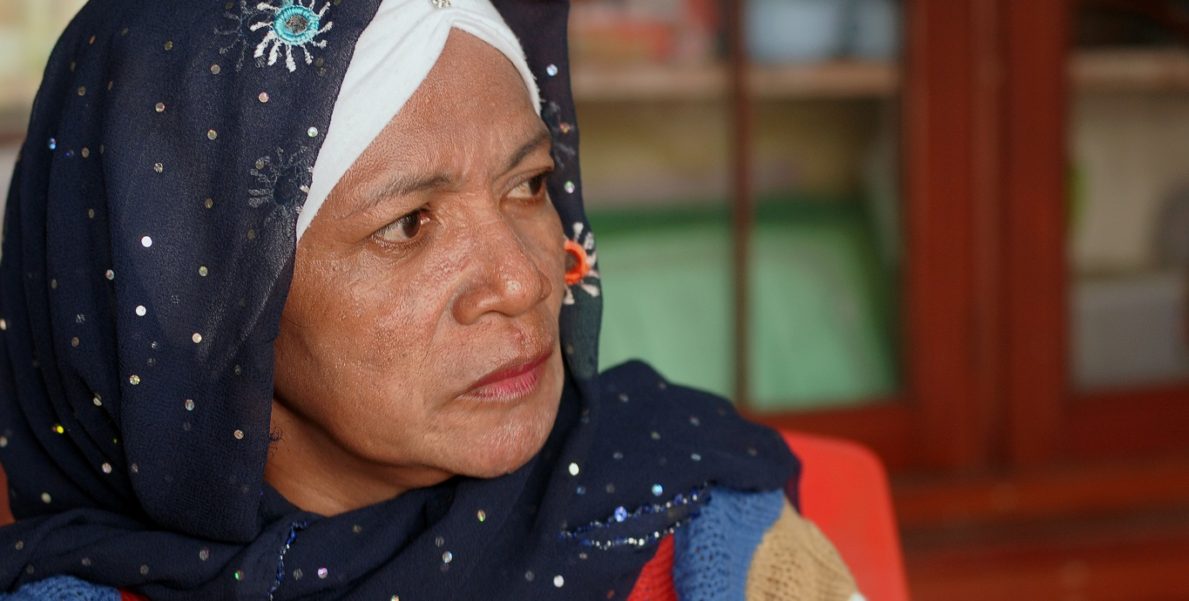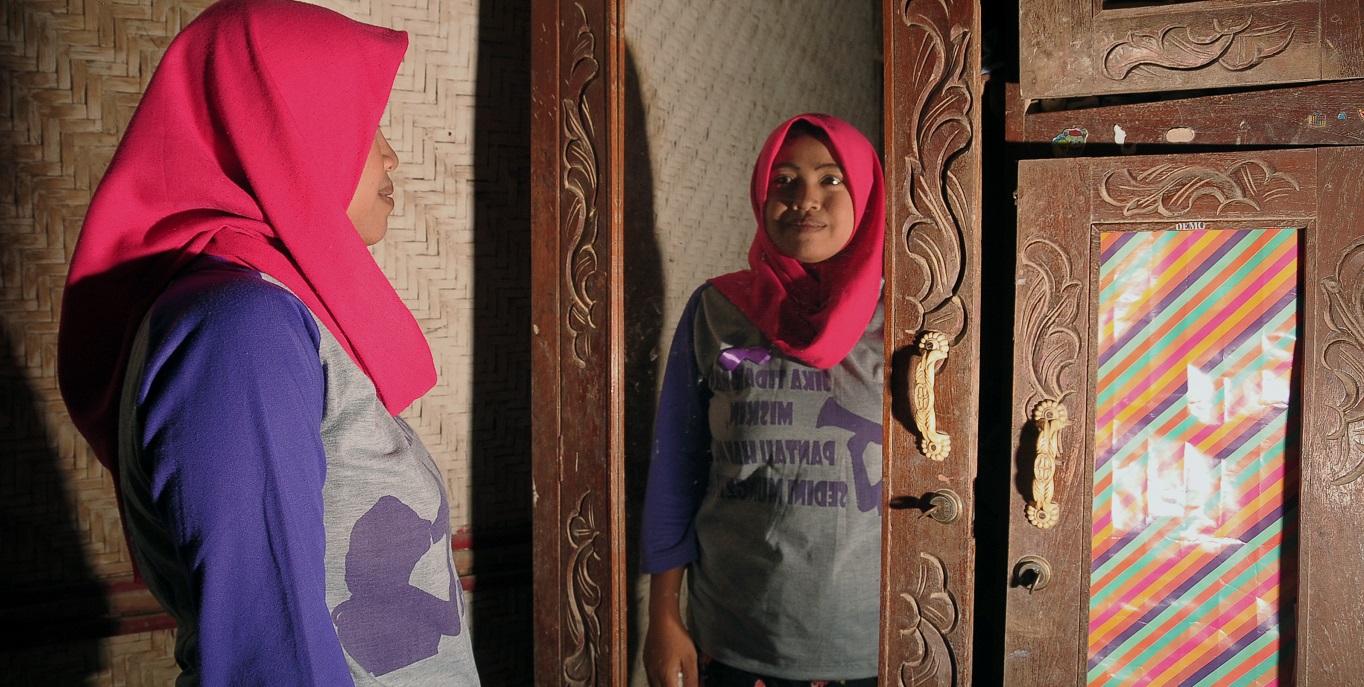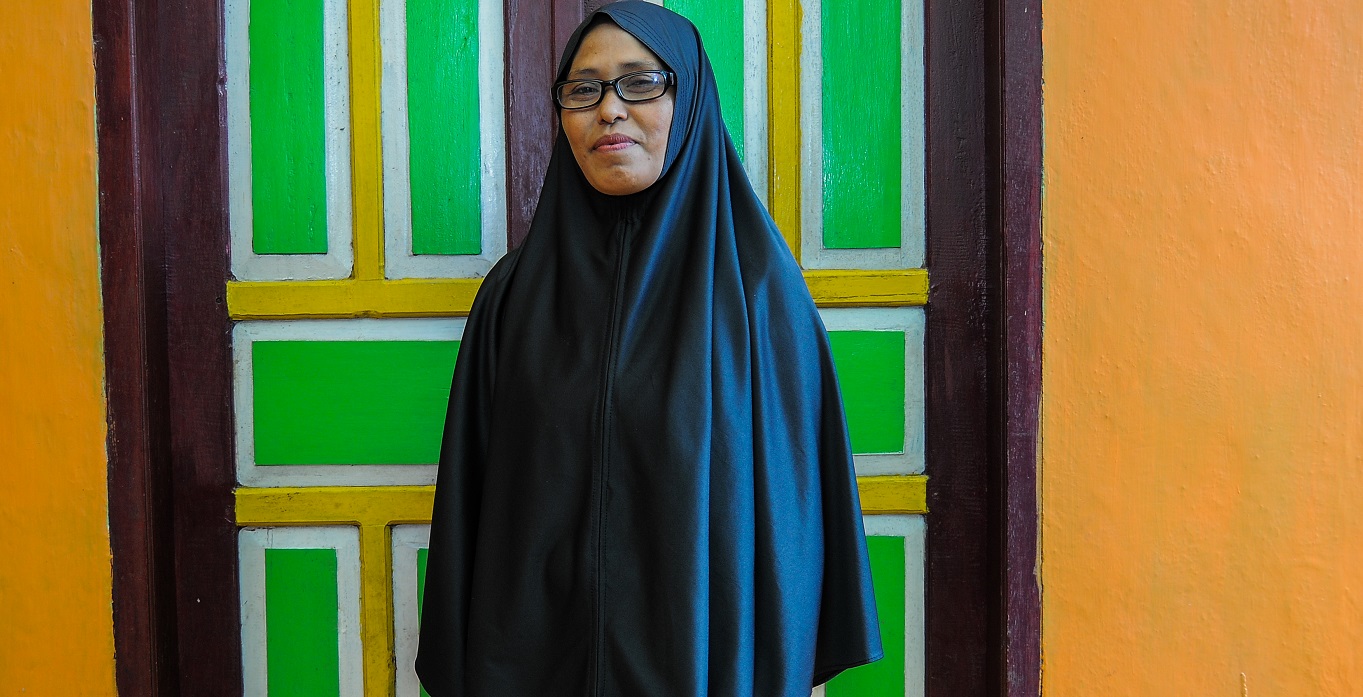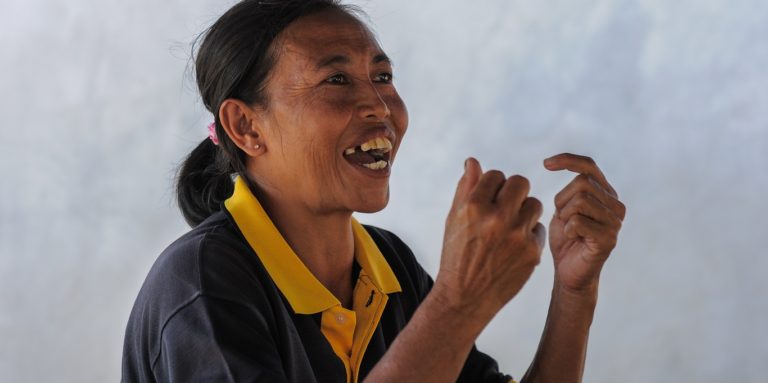Stories
The Siti Khadijah Five Thousand Rupiah Clinic Gives Vaccination, Papsmear and IVA tests Services in Bantaeng, South Sulawesi
30 December 2017Penulis: admin
THERE have been more and more patients coming to Siti Khadijah Clinic recently. It is located in Bontorita Sub-district in Bantaeng, South Sulawesi and was established under the auspices of ‘Aisyiyah (Islamic-based organisation for women).
“It used to be very quiet here. It was even closed for a time because we had no doctor around and not enough support from medical staff. At most, we had one or two patients. But now that we have a doctor, people have started coming in. Our doctor is quite a charmer!” midwife Rahmi gestured towards dr. Yuli who was sitting not too far away.
Dr. Yuli has just recently moved from Palu following her husband who is originally from Bantaeng. “Most of our patients are under fives. The adult patients are normally diagnosed with high cholesterol levels. We also have patients having Pap Smears, prenatal checkups, and VIA tests,” explained dr. Yuli.
Accompanied by the midwives at the clinic, the doctor began to schedule visits to surrounding villages.
“We just began our first visit last month to educate people about cervical cancer and the importance of taking VIA tests and Pap Smear tests. We can cover up to three villages a week where we provide consultations and checkups,” she added.
Dr Yuli and the midwives brought along an LCD projector on their visits. They use power point presentations to illustrate the danger of cervical cancer.
“Once they’ve been informed about the danger, they immediately sign up for a check up,” nurse Uni added. “Our visit becomes challenging when it falls during the planting season. Most of them will be busy tending their crops, so chances are only five people will turn up.”
These visits have helped doctor Yuli and her team to identify several patients whose VIA tests came back positive. All of them were immediately advised to come to the clinic for a Pap Smear test.
“It costs a patient IDR 10,000 on their first visit,” midwife Rahmi explained. “We issue them a patient card. When they come again, they only have to pay IDR 5,000 for every visit. And that already covers their medicine bills, too. So it’s rather cheap.”
Unfortunately, the clinic has to deal with a shortage in the supply of medicine.
“Our problem is when we run out,” said Yuli. “Our supply is provided by the health department and they send them to the nearby community health centre. That’s why we’re heading there now, for a restock. The sad thing is, these medicines don’t always arrive on time. Not to mention when we only get a limited supply because there’s quota in force.”
Then what happens to the patient?
“We can get our supplies from the nearest drugstore, but of course it’s going to cost more. And if we tell our patients about it, it’s unlikely they’ll pay because as far as they know this clinic only charges IDR 5,000 for everything. Some are willing to pay, but most will not. So we’re the ones who ended up paying their bills,” Yuli laughed.
As for the midwives, their main concern at the clinic is the allotment of vaccinations.
“Our allotment is one vial which is can only be used for six children. And yet they’re our biggest customers,” explained midwife Rahmi. “So it is unfortunate there’s so few we can do to administer it here. We actually got a quota for TT vaccinations, but they can’t send the vials because we don’t have the cold storage. And you can’t just store them in the same refrigerator where we keep our food supplies.”
There are five women midwives, a doctor, and three male nurses working at the clinic.
“We don’t operate 24 hours yet. So when it comes to labour and delivery, we can’t provide assistance because most signs of labour occur during the night. The clinic is closed,” explained midwive Yuyun. “Many women prefer traditional midwives to assist them in giving birth.”
“The health department actually provides trainings for these traditional midwives,” added Rahmi. “But even so, they’re still not allowed to handle labour and delivery by themselves. They can face serious charges. They can help to administer prenatal massage, but not the labour and delivery. There has to be a professional midwife assisting.”
Midwife Rahmi trained to be a midwife after seeing her cousin working as a nurse.
“I loved how she looked in her white uniform,” she smiled. (***)



